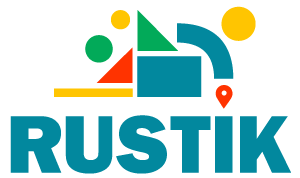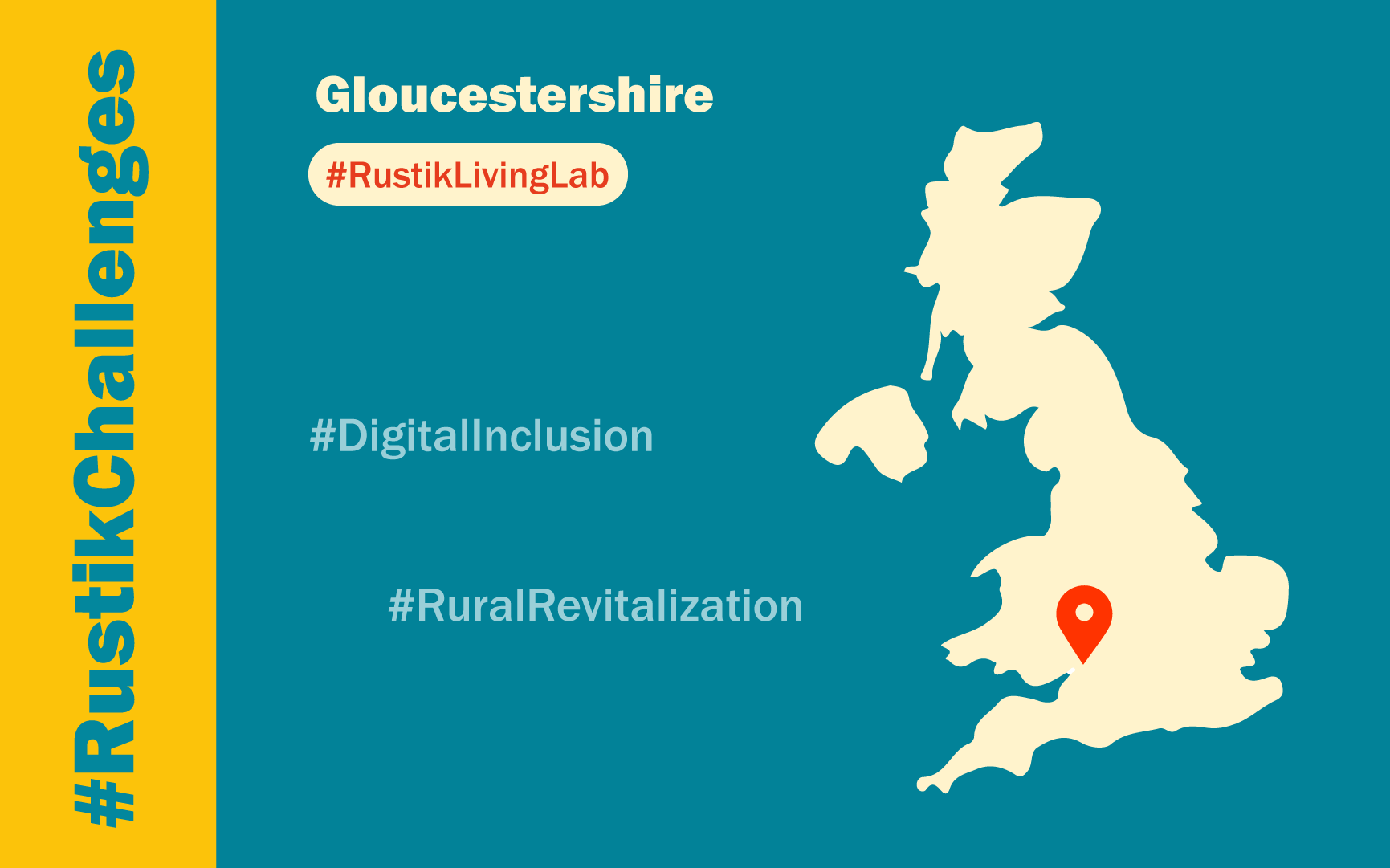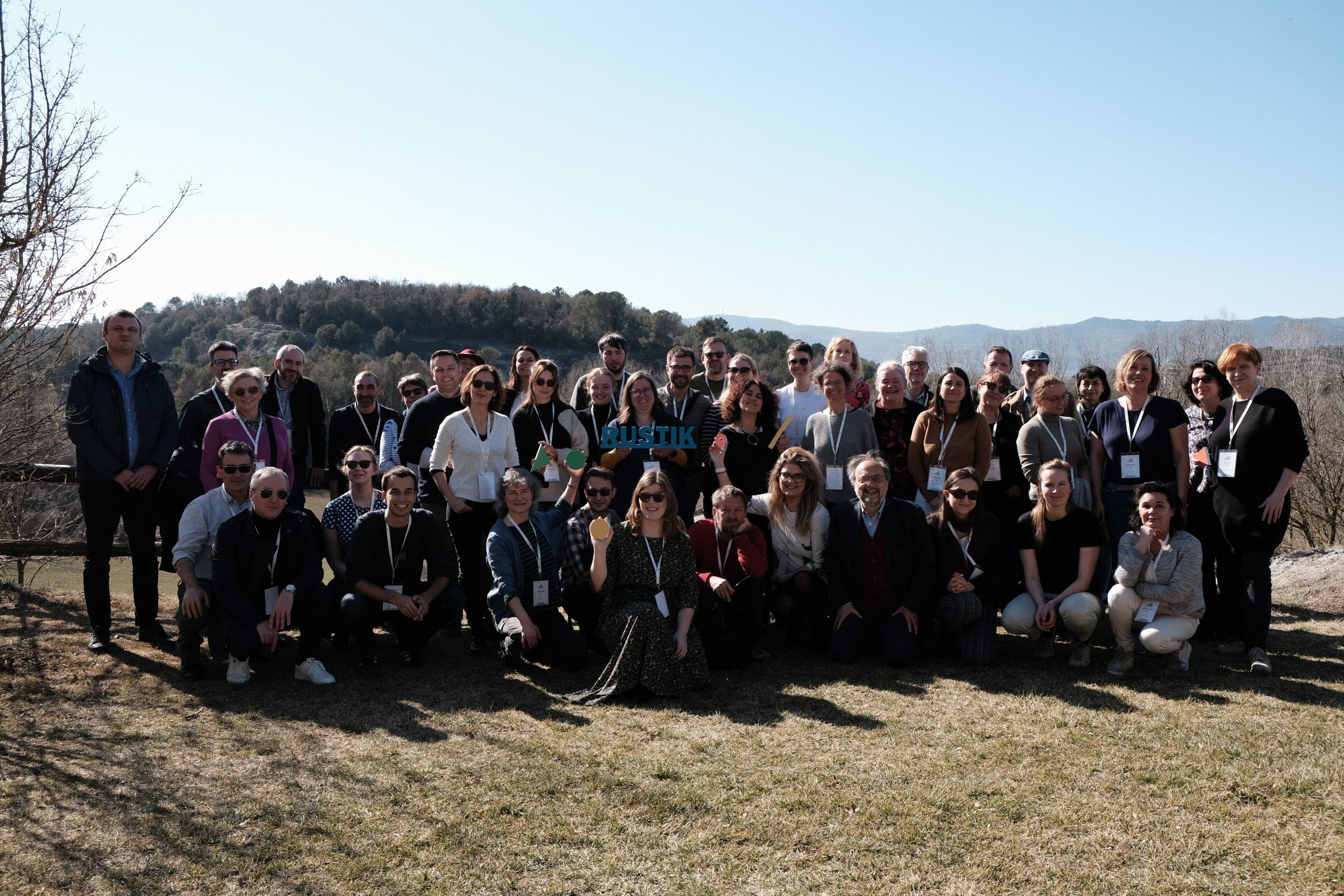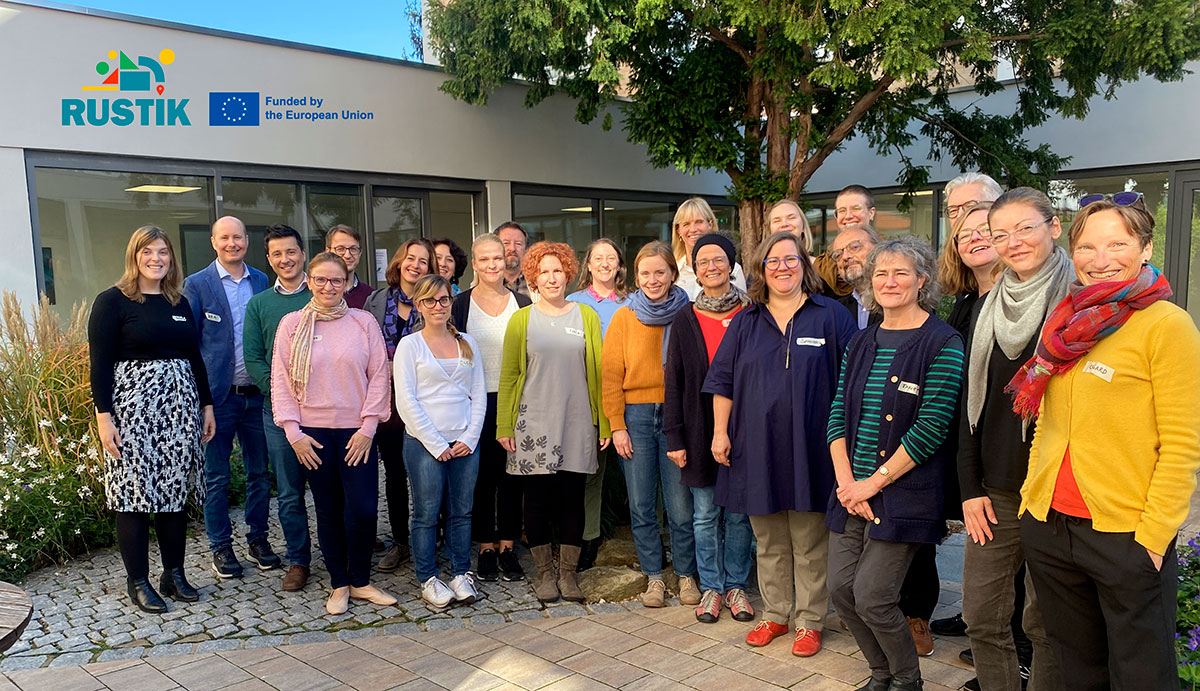Gloucestershire, nestled in South West England, boasts a rich tapestry of rural life, home to nearly 650,000 residents. While urban centers like Cheltenham and Gloucester buzz with activity, our focus turns to the county’s rural heartland: Stroud, Forest of Dean, Cotswold, and Tewkesbury.
Transition Focus: Digital Divide
Despite 96.49% Superfast broadband coverage, rural communities face significant digital disparities. According to Citizens Online (2022), up to 8% of adults lack basic internet access or essential digital skills. This gap hinders economic and social inclusion, emphasizing the need for targeted interventions to bridge these divides.
Living Lab Initiative in Gloucestershire:
In Cirencester and neighboring parishes, we’re pioneering community-level datasets to understand digital needs and capabilities better. By collaborating closely with local stakeholders—from social housing providers to town councils—we’re developing a nuanced understanding of how digital access impacts daily lives. This initiative isn’t just about data collection; it’s about fostering a robust digital ecosystem where everyone can participate and benefit equally.
Policy Relevance:
Aligned with Gloucestershire’s comprehensive Digital Inclusion Strategy, our efforts aim to empower communities with digital literacy and equitable access. By integrating local insights and partnerships, we’re shaping policies that resonate deeply with rural realities. This approach ensures no one is left behind in our collective journey towards a digitally inclusive society.
Emerging Data Needs:
To address the complex challenges of data integration, we’re leveraging expertise from the University of Gloucestershire to develop interactive dashboards. These tools empower decision-makers with real-time insights, guiding informed strategies for sustainable rural development. Our focus is on enhancing digital connectivity, fostering digital skills among diverse demographics, and supporting local businesses to thrive in a digital-first economy.
Join us in navigating Gloucestershire’s dynamic digital landscape, paving the way for inclusive growth, resilient communities, and a future-ready county where everyone can thrive!



